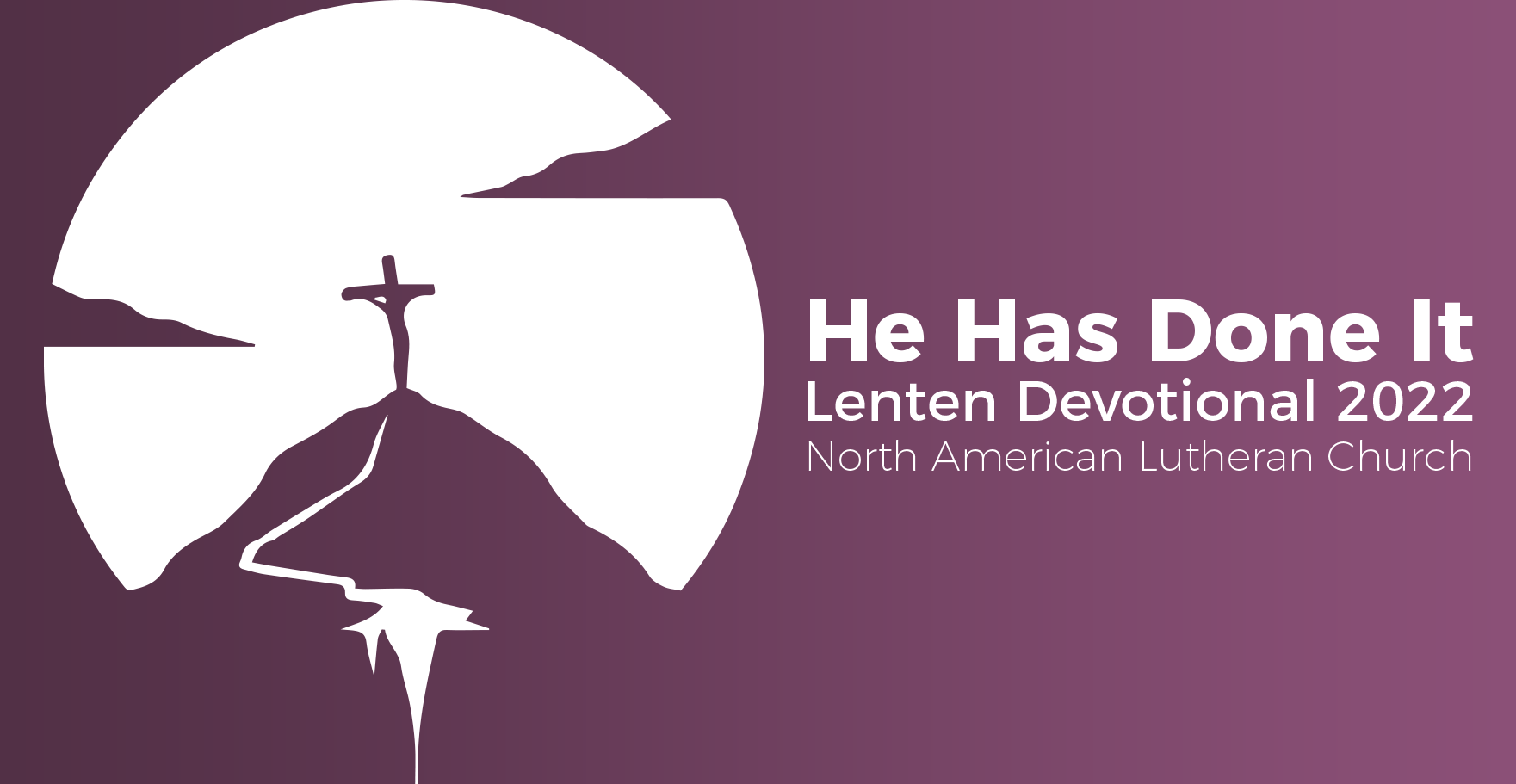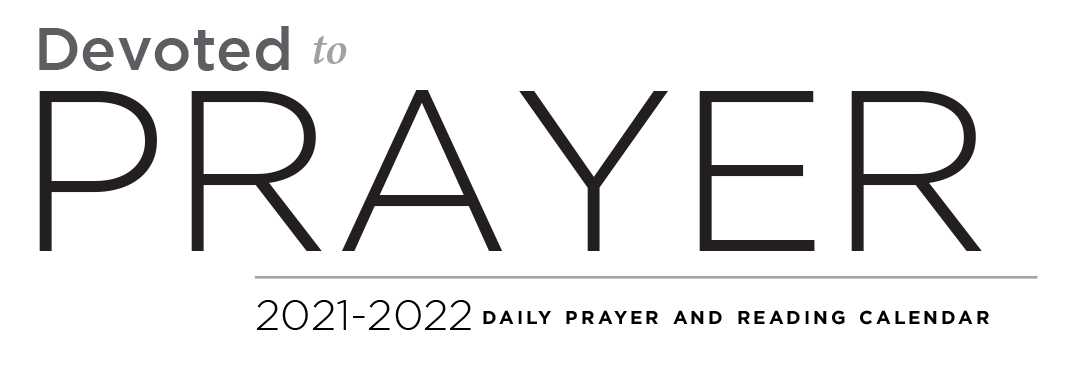
13:1 If I speak in the tongues of men and of angels, but have not love, I am a noisy gong or a clanging cymbal. 2 And if I have prophetic powers, and understand all mysteries and all knowledge, and if I have all faith, so as to remove mountains, but have not love, I am nothing. 3 If I give away all I have, and if I deliver up my body to be burned,] but have not love, I gain nothing. 4 Love is patient and kind; love does not envy or boast; it is not arrogant 5 or rude. It does not insist on its own way; it is not irritable or resentful; 6 it does not rejoice at wrongdoing, but rejoices with the truth. 7 Love bears all things, believes all things, hopes all things, endures all things. 8 Love never ends. As for prophecies, they will pass away; as for tongues, they will cease; as for knowledge, it will pass away. 9 For we know in part and we prophesy in part, 10 but when the perfect comes, the partial will pass away. 11 When I was a child, I spoke like a child, I thought like a child, I reasoned like a child. When I became a man, I gave up childish ways. 12 For now we see in a mirror dimly, but then face to face. Now I know in part; then I shall know fully, even as I have been fully known. 13 So now faith, hope, and love abide, these three; but the greatest of these is love.
– 1 Corinthians 13:1-13
It’s interesting and maybe unfortunate, that certain Bible passages become acquainted with particular times in life. Of course, Psalm 23 is appropriate at many points in life, but most know it because it’s read at funerals. Similarly, 1 Corinthians 13 is known popularly as the Wedding Chapter, because so many couples choose the apostle Paul’s words to the Corinthian congregation as the biblical text to be read at their marriage service.
Oddly enough, Paul’s words were written, not at a time of affection, but to a Christian community which was deeply divided, factious and at odds. The issue was the gift of “speaking in tongues,” and who had the gift and who didn’t. Many considered it to be THE gift of the Holy Spirit, indicating true faith and spirituality. Those who didn’t speak in tongues, obviously, were thought not to be Spirit-inspired. When your household, family or congregation is divided and at blows with one another, then read the 13th chapter of 1 Corinthians, laying aside the wedding memories. Rather than smarmy sentimentalism, Paul is speaking words of instruction and exhortation which are aimed directly and powerfully at those who were causing division and disunity within the community. Paul says, you may speak in the tongues of men or angels, but without love, you are a noisy gong or a clanging cymbal! Your words may be able to move men or mountains, but without love, you are nothing but hot air. For — the greatest of all gifts are faith, hope and love. And the greatest of these — is love.
This love is most exemplified and personified, in the life, death and resurrection of Jesus, our Savior. His is not mere brotherly love or sensual attraction, but self-giving, self-sacrificing love. His is the love of one who would give His life for another, even when that other may not be worthy or deserving of that love. And so, we see our Lord nailed to the cross — for us, sinful though we are. This Lenten season, let us reflect and meditate upon our Lord’s love for us, and pray that love may grow in our hearts that we may be more loving in our relationships, our homes and our congregations.
Prayer: Lord Jesus, may Your love so turn our hearts that we respond in greater love. Amen.
Devotion written by the Rev. Dr. David M. Wendel
Exodus 2:23–3:15 (Listen)
God Hears Israel’s Groaning
23 During those many days the king of Egypt died, and the people of Israel groaned because of their slavery and cried out for help. Their cry for rescue from slavery came up to God. 24 And God heard their groaning, and God remembered his covenant with Abraham, with Isaac, and with Jacob. 25 God saw the people of Israel—and God knew.
The Burning Bush
3:1 Now Moses was keeping the flock of his father-in-law, Jethro, the priest of Midian, and he led his flock to the west side of the wilderness and came to Horeb, the mountain of God. 2 And the angel of the LORD appeared to him in a flame of fire out of the midst of a bush. He looked, and behold, the bush was burning, yet it was not consumed. 3 And Moses said, “I will turn aside to see this great sight, why the bush is not burned.” 4 When the LORD saw that he turned aside to see, God called to him out of the bush, “Moses, Moses!” And he said, “Here I am.” 5 Then he said, “Do not come near; take your sandals off your feet, for the place on which you are standing is holy ground.” 6 And he said, “I am the God of your father, the God of Abraham, the God of Isaac, and the God of Jacob.” And Moses hid his face, for he was afraid to look at God.
7 Then the LORD said, “I have surely seen the affliction of my people who are in Egypt and have heard their cry because of their taskmasters. I know their sufferings, 8 and I have come down to deliver them out of the hand of the Egyptians and to bring them up out of that land to a good and broad land, a land flowing with milk and honey, to the place of the Canaanites, the Hittites, the Amorites, the Perizzites, the Hivites, and the Jebusites. 9 And now, behold, the cry of the people of Israel has come to me, and I have also seen the oppression with which the Egyptians oppress them. 10 Come, I will send you to Pharaoh that you may bring my people, the children of Israel, out of Egypt.” 11 But Moses said to God, “Who am I that I should go to Pharaoh and bring the children of Israel out of Egypt?” 12 He said, “But I will be with you, and this shall be the sign for you, that I have sent you: when you have brought the people out of Egypt, you shall serve God on this mountain.”
13 Then Moses said to God, “If I come to the people of Israel and say to them, ‘The God of your fathers has sent me to you,’ and they ask me, ‘What is his name?’ what shall I say to them?” 14 God said to Moses, “I AM WHO I AM.” And he said, “Say this to the people of Israel: ‘I AM has sent me to you.’” 15 God also said to Moses, “Say this to the people of Israel: ‘The LORD, the God of your fathers, the God of Abraham, the God of Isaac, and the God of Jacob, has sent me to you.’ This is my name forever, and thus I am to be remembered throughout all generations.
1 Corinthians 13 (Listen)
The Way of Love
13:1 If I speak in the tongues of men and of angels, but have not love, I am a noisy gong or a clanging cymbal. 2 And if I have prophetic powers, and understand all mysteries and all knowledge, and if I have all faith, so as to remove mountains, but have not love, I am nothing. 3 If I give away all I have, and if I deliver up my body to be burned, but have not love, I gain nothing.
4 Love is patient and kind; love does not envy or boast; it is not arrogant 5 or rude. It does not insist on its own way; it is not irritable or resentful; 6 it does not rejoice at wrongdoing, but rejoices with the truth. 7 Love bears all things, believes all things, hopes all things, endures all things.
8 Love never ends. As for prophecies, they will pass away; as for tongues, they will cease; as for knowledge, it will pass away. 9 For we know in part and we prophesy in part, 10 but when the perfect comes, the partial will pass away. 11 When I was a child, I spoke like a child, I thought like a child, I reasoned like a child. When I became a man, I gave up childish ways. 12 For now we see in a mirror dimly, but then face to face. Now I know in part; then I shall know fully, even as I have been fully known.
13 So now faith, hope, and love abide, these three; but the greatest of these is love.
Morning Psalms
Evening Psalms

This daily prayer and Bible reading guide, Devoted to Prayer (based on Acts 2:42), was conceived and prepared by the Rev. Andrew S. Ames Fuller, director of communications for the North American Lutheran Church (NALC). After a challenging year in the midst of the COVID-19 pandemic, we have been provided with a unique opportunity to revitalize the ancient practice of daily prayer and Scripture reading in our homes. While the Reading the Word of God three-year lectionary provided a much-needed and refreshing calendar for our congregations to engage in Scripture reading, this calendar includes a missing component of daily devotion: prayer. This guide is to provide the average layperson and pastor with the simple tools for sorting through the busyness of their lives and reclaiming an act of daily discipleship with their Lord. The daily readings follow the Lutheran Book of Worship two-year daily lectionary, which reflect the church calendar closely. The commemorations are adapted from Philip H. Pfatteicher’s New Book of Festivals and Commemorations, a proposed common calendar of the saints that builds from the Lutheran Book of Worship, but includes saints from many of those churches in ecumenical conversation with the NALC. The introductory portion is adapted from Christ Church (Plano)’s Pray Daily. Our hope is that this calendar and guide will provide new life for congregations learning and re-learning to pray in the midst of a difficult and changing world.
